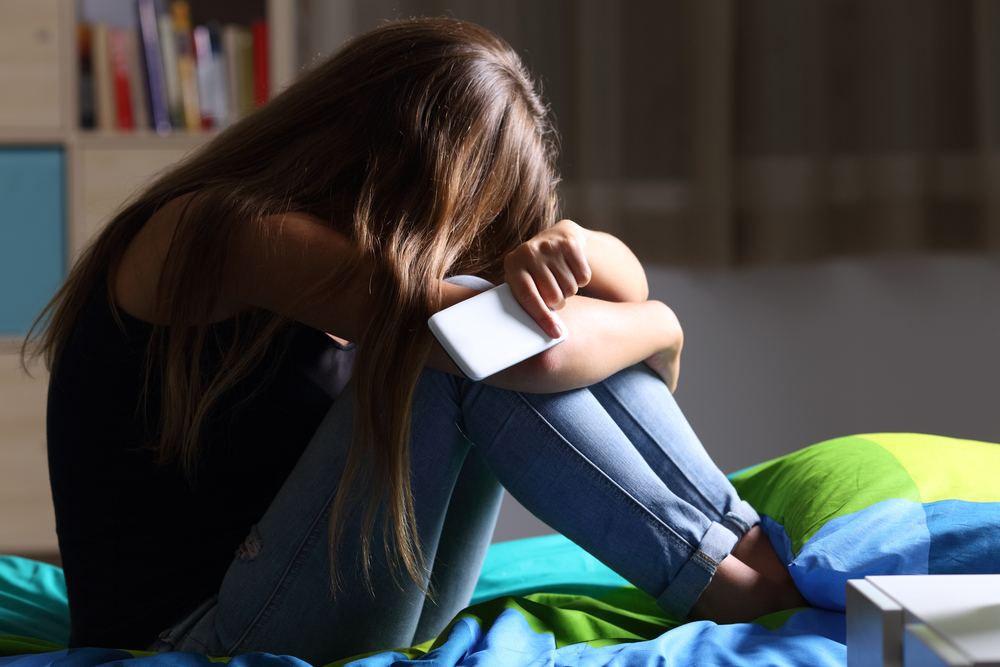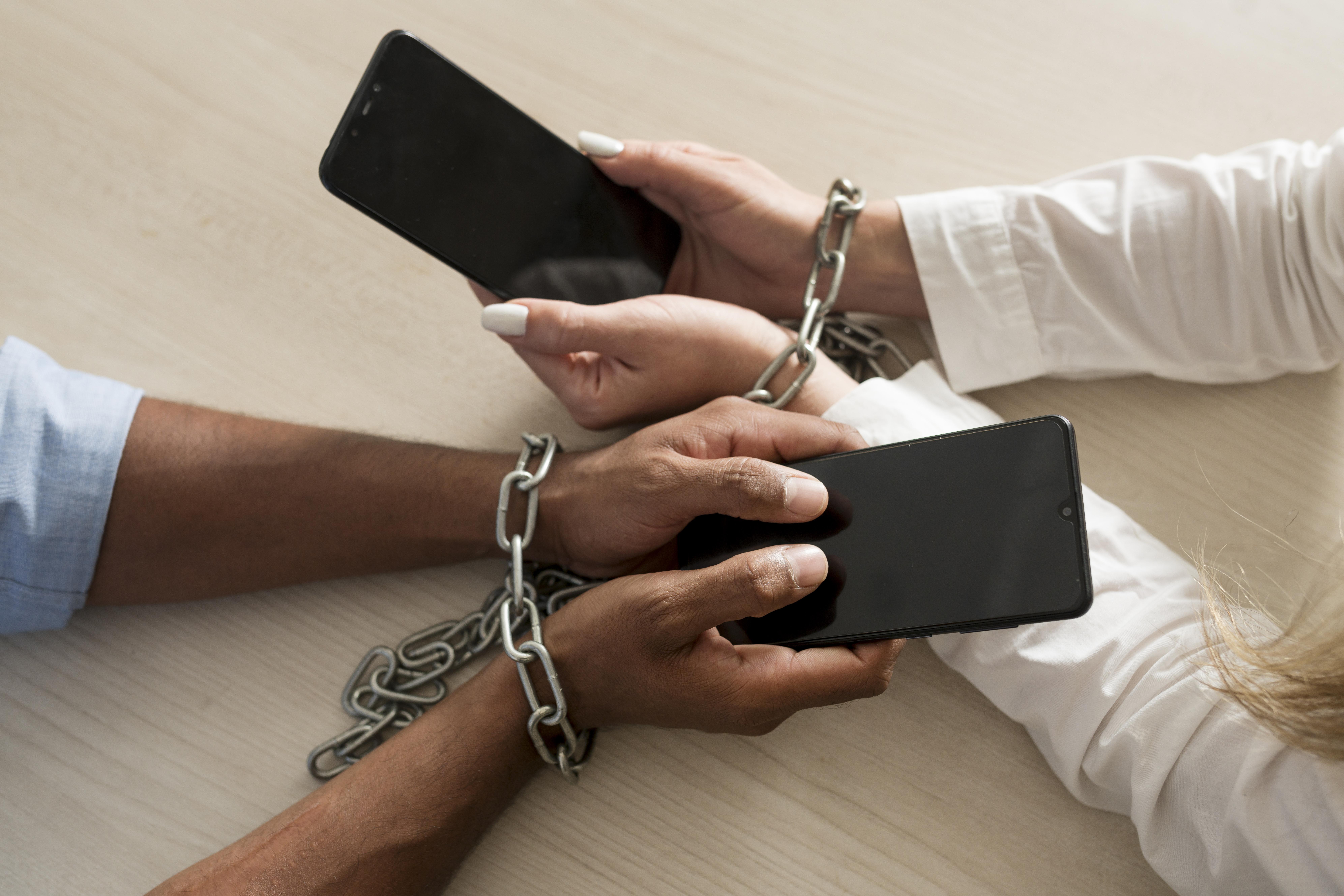Can Denmark’s Social Media Ban for Kids Spark a Global Shift

In a move that’s making waves across Europe, Denmark has announced plans to ban children under the age of 15 from using social media platforms such as TikTok, Instagram, and Snapchat. The new law, unveiled by Prime Minister Mette Frederiksen at the opening of the Danish Parliament, comes with a fierce warning: mobile phones and social media are “stealing our children’s childhood.” Parents will be able to give permission for their children to use social media from the age of 13, but otherwise, Denmark is drawing a bold digital line in the sand.
The decision follows mounting concern about the mental health of young people and the role technology plays in shaping their development. Frederiksen’s announcement echoed a growing chorus of governments and parents who believe that the dopamine-fueled design of social media is wreaking havoc on concentration, happiness, and real-world connection. But while some hail Denmark’s decision as a wake-up call for the rest of the world, others argue that blanket bans oversimplify a complex issue. As the debate deepens, one question lingers: could this actually happen elsewhere, including here in the UK?
A Digital Line in the Sand
When Frederiksen addressed the Danish Parliament, she didn’t mince her words. “We have unleashed a monster,” she said, describing how smartphones and social media have eroded children’s ability to read, focus, and spend time with friends in person. According to her, as many as 60% of Danish boys between 11 and 19 go an entire week without meeting a single friend face-to-face. It’s a statistic that paints a haunting picture of modern adolescence one increasingly lived through a screen.
The Danish government isn’t stopping at social media. In late September, lawmakers approved a separate measure banning mobile phones from primary and lower secondary schools, hoping to restore focus in classrooms and social connection in playgrounds.

The upcoming social media ban builds on this momentum, positioning Denmark as a leader in digital child protection. “We have to take better care of our children,” Frederiksen urged. “Phones and social media are stealing their childhoods.”
However, the details of Denmark’s policy are still being ironed out. It remains unclear exactly which platforms will fall under the ban and how the law will be enforced. What is clear is that Denmark’s decision follows similar measures in Australia, where under-16s will soon be barred from using platforms like TikTok, Instagram, and X. The question now is not whether Denmark can implement such a ban but whether other nations will be inspired to follow suit.
Why Denmark Took the Leap

For years, Scandinavian countries have been at the forefront of social policy innovation. This latest move is no exception. Denmark’s Wellbeing Commission reported earlier this year that 94% of Danish youth have a social media profile before they turn 13 despite most platforms setting 13 as the official minimum age. The same report found that children aged 9 to 14 spend an average of three hours per day on YouTube and TikTok. For many parents and teachers, those numbers confirm what they’ve long suspected: social media isn’t just an occasional distraction, it’s an environment where children now live.
Frederiksen’s speech reflected a deep worry about the long-term impact of that shift. Rates of anxiety, depression, and attention problems have risen sharply among young Danes, a pattern mirrored across much of the developed world. Critics of social media have argued that these platforms exploit the developing teenage brain’s hunger for approval and belonging. Each notification, like, or comment can trigger a tiny hit of dopamine, keeping users hooked for hours on end. “We’ve said yes to mobile phones in our children’s lives in the best sense of the word,” Frederiksen said, “but the reality is we have unleashed a monster.”
Yet, the Danish approach isn’t purely moralistic. Officials see it as a public health issue. Just as countries regulate alcohol, tobacco, or even energy drinks, Denmark now sees social media as a potentially addictive substance requiring age-based restrictions. The framing is important it signals that the issue is no longer about parenting choices or tech etiquette, but national wellbeing.
Critics Warn of Unintended Consequences

Not everyone, however, believes a ban is the right way forward. Experts in digital education and child psychology have voiced concerns that restricting social media entirely could backfire. Dr. Fiona Scott of Sheffield University warns that bans “obfuscate much larger and more complex issues” surrounding young people’s digital lives. In other words, simply switching off the apps won’t address the deeper reasons children seek them out connection, identity, and creativity.
One of the biggest fears is that the ban could drive young people into less regulated online spaces. Virtual Private Networks (VPNs), for instance, can easily bypass country-based restrictions, and experience from France shows that nearly half of underage users have already done so. Worse still, children who grow up entirely cut off from social media might find themselves ill-prepared for digital life when they turn 15 or 16. “It’s dangerous to have a complete ‘watershed age’ of 15,” Scott said. “Children who haven’t developed the critical skills they need to engage safely online will suddenly be thrown into the deep end.”
Charities working in online safety agree that the real problem lies in poor regulation and corporate negligence. Andy Burrows, CEO of the Molly Rose Foundation, argues that tech companies should be held to account for harmful content not teenagers. “Instead of denying young people the benefits of our digital world, we need evidence-based legislation that protects children from online risks,” he told Metro. The foundation was set up after the tragic death of 14-year-old Molly Russell, who viewed self-harm content online. For Burrows, the goal isn’t to shut children out of the internet, but to make it safer for them to exist there.
A Global Trend in the Making

Denmark’s move is part of a larger wave of digital regulation sweeping across the globe. Australia became the first country to legislate a nationwide social media age ban in 2024, barring under-16s from using platforms like Instagram, Facebook, TikTok, and Snapchat. Companies that fail to enforce these rules face fines of up to $50 million AUD. European leaders have praised Australia’s “bold” stance European Commission President Ursula von der Leyen even called it “plain common sense.” Now, with Denmark joining the movement and Norway not far behind, the idea of strict age limits is gaining momentum.
In other nations, however, lawmakers are treading more cautiously. The UK’s Online Safety Act, which came into force in 2023, doesn’t impose age bans but instead holds companies legally responsible for protecting children online. That includes measures like ID checks for adult content and algorithmic limits on harmful material. It’s a more nuanced approach that aims to make digital spaces safer without cutting children off entirely. France, Spain, and Greece are also exploring new frameworks, but none have yet gone as far as Denmark.
This divergence reflects a broader philosophical divide. Should governments act as digital gatekeepers, or should they focus on teaching digital literacy? Countries like New Zealand and the Netherlands, where the “age of digital consent” is 13, lean toward the latter. They emphasize education over exclusion, preparing children to navigate the digital world critically rather than shielding them from it. As nations experiment with different strategies, Denmark’s policy could become a test case for how far societies are willing to go in reining in Big Tech.
Could It Happen Here?

In the UK, calls for similar restrictions have grown louder, especially among parents’ groups like Smartphone Free Childhood, founded by Daisy Greenwell. “Denmark has done what so many parents are longing for,” Greenwell said. “This is real leadership: putting children’s wellbeing before tech profits.” Her campaign argues that just as society sets age limits for alcohol, driving, and gambling, it should do the same for social media a digital arena with proven psychological effects.
But experts remain divided. While some MPs have floated the idea of stricter access controls, few believe an outright ban is realistic or enforceable. The UK’s focus, at least for now, is on corporate responsibility and parental awareness. Under the Online Safety Act, companies face heavy penalties if they fail to protect minors from harmful content. Yet for critics, this approach doesn’t go far enough. They argue that as long as profit-driven algorithms remain the heartbeat of social media, safety tweaks will only scratch the surface.
The bigger challenge may lie in culture, not law. For many families, smartphones have become indispensable tools for connection, education, and entertainment. Parents may want to limit their children’s exposure, but in a world where classrooms, hobbies, and friendships increasingly exist online, digital withdrawal can feel impossible. A Danish-style ban might spark conversation, but it would also raise uncomfortable questions about freedom, autonomy, and the right to participate in modern life.
A Generation at a Crossroads

Whether or not other countries follow Denmark’s lead, one thing is certain: the conversation about children and technology has reached a tipping point. The statistics are sobering rates of anxiety and depression among teens have doubled in a decade, and attention spans continue to shrink. Yet the causes are multifaceted. Social media can amplify insecurity and isolation, but it can also connect, inspire, and educate. For every dark rabbit hole, there’s a community of support, a creative outlet, or a spark of curiosity that might not exist offline.
The real challenge for societies, then, is balance. How do we nurture digital literacy without fostering dependence? How do we give children space to grow without shielding them from every risk? Denmark’s ban may not offer all the answers, but it forces the world to confront the question head-on. In doing so, it invites a broader reflection on what childhood means in the 21st century and how much of it we’re willing to let algorithms define.
Rewriting the Rules of Growing Up Online
Denmark’s bold decision to ban social media for under-15s has ignited a global conversation about responsibility parental, governmental, and corporate. Supporters see it as an act of courage against tech giants that have profited from the attention of children. Critics fear it’s a blunt instrument that risks pushing problems underground. But both sides agree on one thing: the status quo isn’t working.
If anything, Denmark’s experiment may encourage the world to reimagine how we raise children in a digital age. Whether that means bans, better regulation, or education reform, the debate now transcends national borders. What’s at stake isn’t just screen time it’s the kind of world we want our children to inherit, and the kind of minds we want them to develop in it.
Loading...

